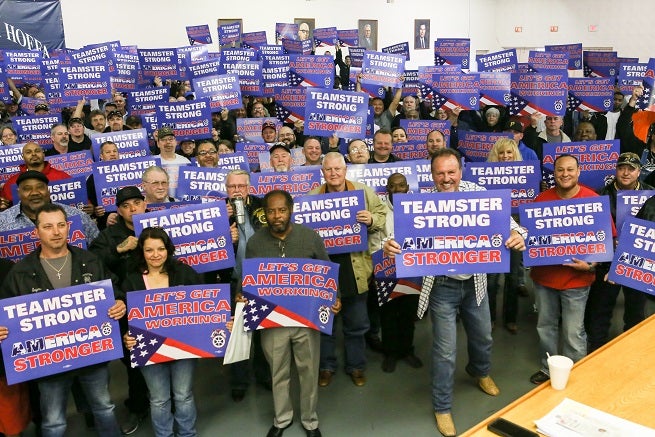Uncategorized
Free Food is not a Substitute for Health Care

Finding a job that allows for a middle-class existence is becoming increasingly difficult. Not only does it need to pay a fair wage, but provide benefits such as health insurance and retirement savings as well.
It may not be surprising that young adults are having the hardest time securing such employment. But it should send a strong message to policymakers and the corporate world when a new report shows that workers under 30 are more likely to get free food at work than they are to receive health benefits.
Some 35 percent of workers aged 18 to 29 get grub gratis while working. But only 29 percent have access to employer-offered health insurance, a much more important perk. It’s even worse when it comes to dental (22 percent) and a 401(K) (21 percent). By comparison, only 12 percent of those aged 40 to 55 get free food on the job. But, you know, at least 49 percent have access to health insurance.
The report notes, however, that health insurance and retirement numbers are troubling for all workers. A blog on the document, called the 2016 Job Seeker Nation report, states:
“While ‘fun’ perks like flexible work hours and in-office snacks are on the rise, the growth of serious benefits has been slower. Only 43 percent of respondents reported having medical coverage through their job and a mere 33 percent have a 401(K) plan through their company.”
This is not the first time we’ve heard about how the state of employment has been turned on its ear. Earlier this year, a former Yelp employee detailed how she would try to fill up on food while at work because she couldn’t afford to fill her frig with the wages she received from the company.
This is not acceptable. Hard-working Americans should be able to earn enough to provide the basics for their families. And union jobs often do. But in a world were companies are allowed to push their employees onto public assistance instead of providing better pay and benefits, this is the reality for too many workers.